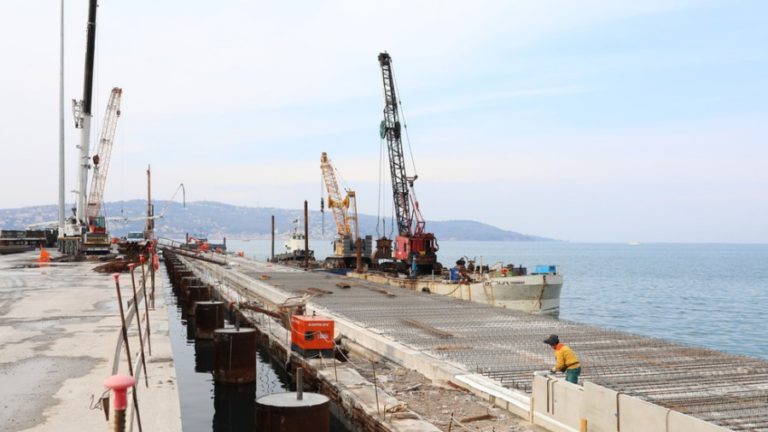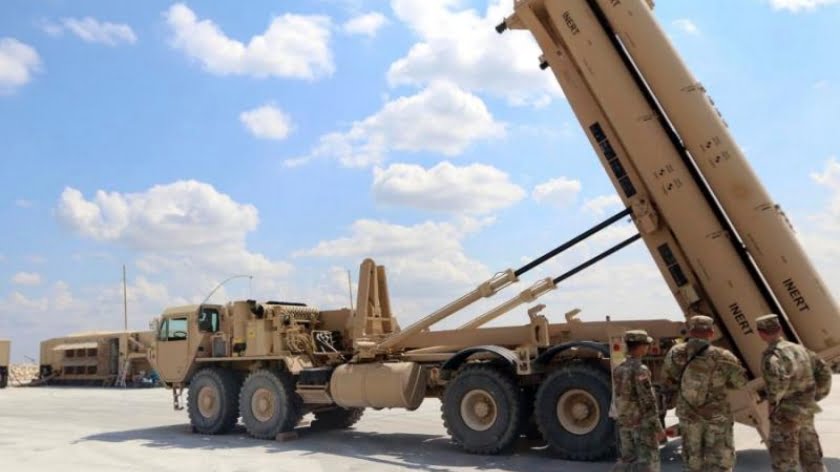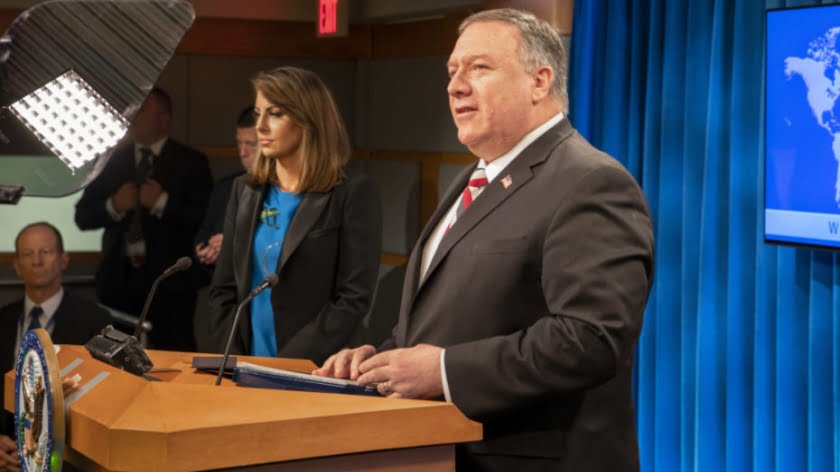Af-Pak: The Next Theater for Middle Eastern War Expansion
It is true that US-Pakistan relations deteriorated after 2011. The Laden, Salala and Raymond events were responsible for that. But I doubt that the US has finally lost influence in Pakistan’s intelligence services.
I think that if the region wants peace back, we should let Afghan people decide their own political fate. If they like to follow sharia law under Taliban leadership, we are nobody to halt that.
Afghanistan should conduct a national referendum by which people can decide on their own state ideology – Sharia or not. If they decide on Sharia law, the world should accept it and respect their people’s demand. If Afghan people give their mandate against Sharia law, the world must accept it too. And in the later scenario, the world should help rebuild Afghanistan.
Let them decide their own future. The world must stop injecting non-compatible systems into a highly misunderstood society. It is also true that the Taliban were not bad neighbors to Pakistan before the US’ war on terror in Afghanistan. During the fight against the Soviet Union, Pakistan, supported by the US, provided training and weapons to the Taliban.
Also, we all can remember that Pakistani military helped the US forces against Taliban fighters for many years, and Pakistan received billions of dollars for such service.
Giving up the tendency of betrayal and double-standards, Pakistan should develop trust in Afghan society instead of opening and waging another war front in Afghanistan.
Otherwise, the Af-Pak region will face devastating consequences 100 times more destructive than Syraq (Syria and Iraq), since Pakistan has nuclear weapons.
But there are other complex geopolitical factors which are bringing more chaos to the Af-Pak theater. The recent upsurge in terror attacks in Pakistan and Afghanistan are aimed against the Russia-China-envisioned peace and prosperity political and economic strategies in the region.
Both Russia and China consider Pakistan as a gateway for the Middle East, Central Asia and South Asia. That means that the CPEC project which is in line with China and promoted by Russia with the Belt Road initiative can be a regional geostrategic game changer in favor Pakistan, China and Russia.
So, the recent geopolitical and geostrategic rapprochement between Pakistan and the two Eurasian great powers will not go unchallenged, since Pakistan’s arch rival India has an ambition to contain Pakistan by all front, and the US wants to contain both Russia and China as long as its budget permits.
To check the China-Russia geostrategy regarding the Pak-Afghan region, the US, India and Israel have engaged in Pakistan, Afghanistan, and Bangladesh with their proxy fighters in the name of global terrorist brands like Al-Qaeda and ISIS.
We have seen a similar situation in the Middle East where the US with the help of their regional allies launched proxy wars against several countries to install puppet governments in order to fulfill the US-led West’s geopolitical objectives.
China and Russia both know well that they may face such conspiracies from their known partners. They also have engaged with the concerned parties diplomatically to minimize the effect of such a conspiracy. Already, Moscow has initiated a peace process for Afghanistan.
Many believe that China and Pakistan are all-weather friends and will jointly conduct a comprehensive diplomatic process to ensure security and mutual prosperity for both parties in the region.
Also, it would be wise for Pakistan to seek direct military and intelligence support from China and Russia if it really and effectively wants to fight those terrorists who are retreating from Middle Eastern combat zones where they grew battle-hardened and heavily trained. At the same time, Pakistan should enhance its own diplomatic, intelligence and media activities to show the world the ground realities.
By keeping several US military establishments in the Af-Pak region without ensuring the security and humanitarian de-terrorization of Afghanistan, and without curbing India’s controversial influence in the domestic politics of both countries, expectations for peace and stability in Pakistan and South Asia are just wishful thinking. And if the tension in the Af-Pak region rises more, the situation will deteriorate towards chaos in which the whole of South Asia could be engulfed in hellish suffering.
By Ahmed Rajeev
Source: Katehon







